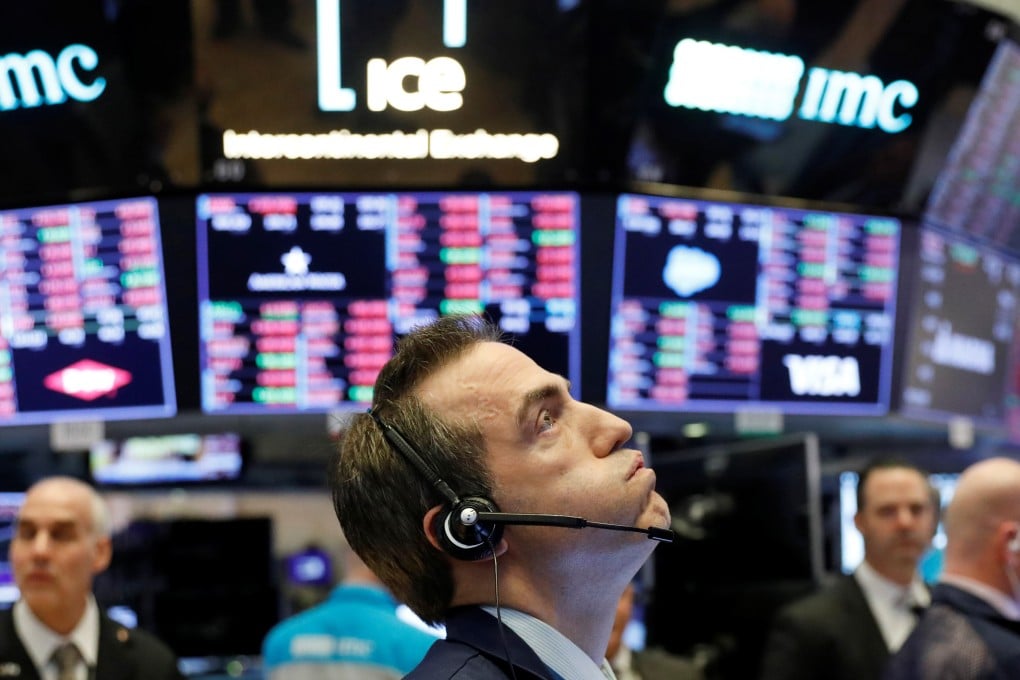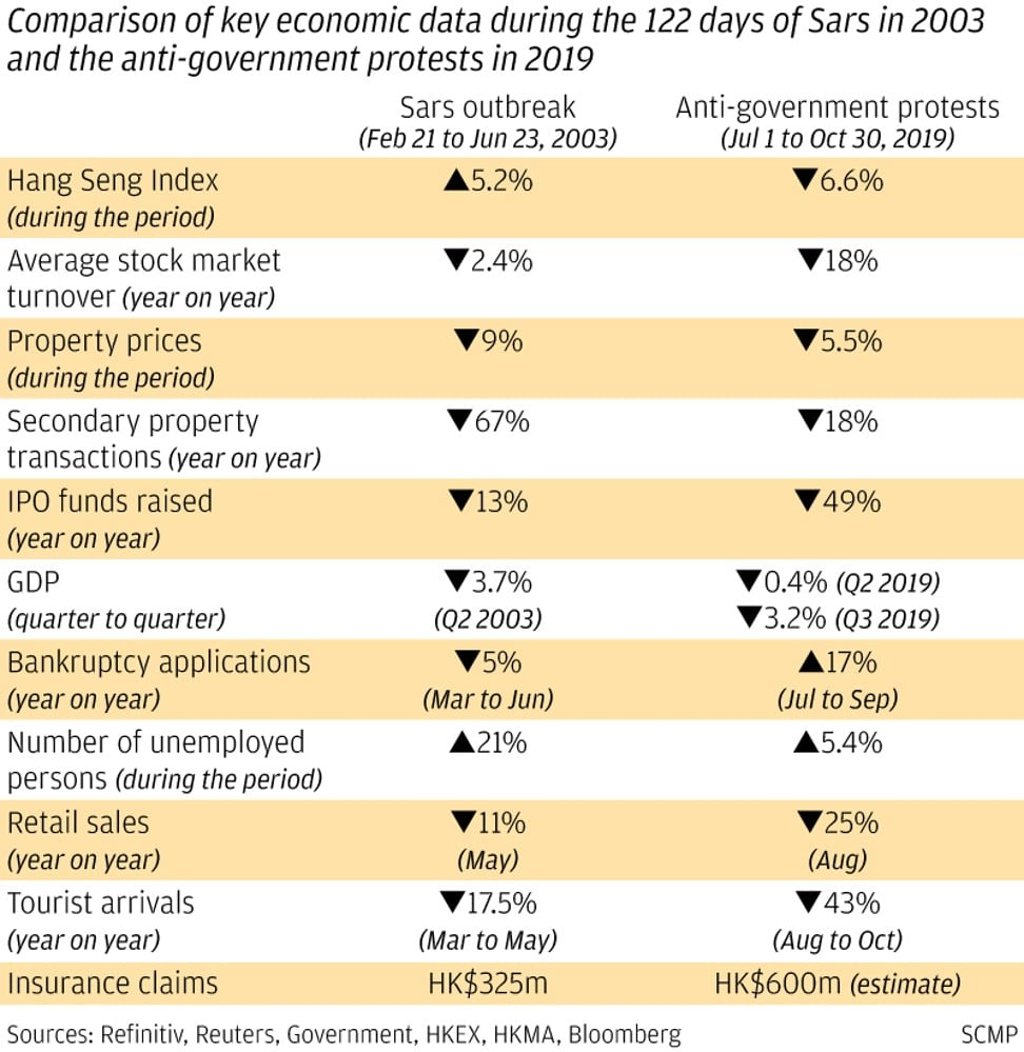Stock index blood bath extends to Asia-Pacific as widening spread of coronavirus outbreak sets off worst market sell-offs since 2008
- In the US, S&P 500 and Dow Jones Industrial Average fell into correction territory
- Benchmark indexes fell in every stock market in the Asia-Pacific, from India to New Zealand, except for the KSE-100 in Karachi

Equity indexes fell across every stock market in the Asia-Pacific region from India to New Zealand, except the KSE-100 on the Karachi bourse. Declines of more than 3 per cent, the usual measure of a major plunge, were recorded on nine out of 20 of the region’s stock exchanges.
“Enhanced coronavirus fears have battered global markets this week, especially in Asia,” said Adamas Asset Management’s managing director Brock Silvers. “Closer to the epicentre of the virus in China and Hong Kong, this has exacerbated the emotional trading pattern, as [market and macroeconomic] fundamentals are increasingly being obscured by transmission and mortality rates.”
“Every tweet from Washington DC or unverified news from Seoul has the ability to whipsaw Hong Kong and China markets, and emotional responses often lead to over-reactions,” Silvers said.
